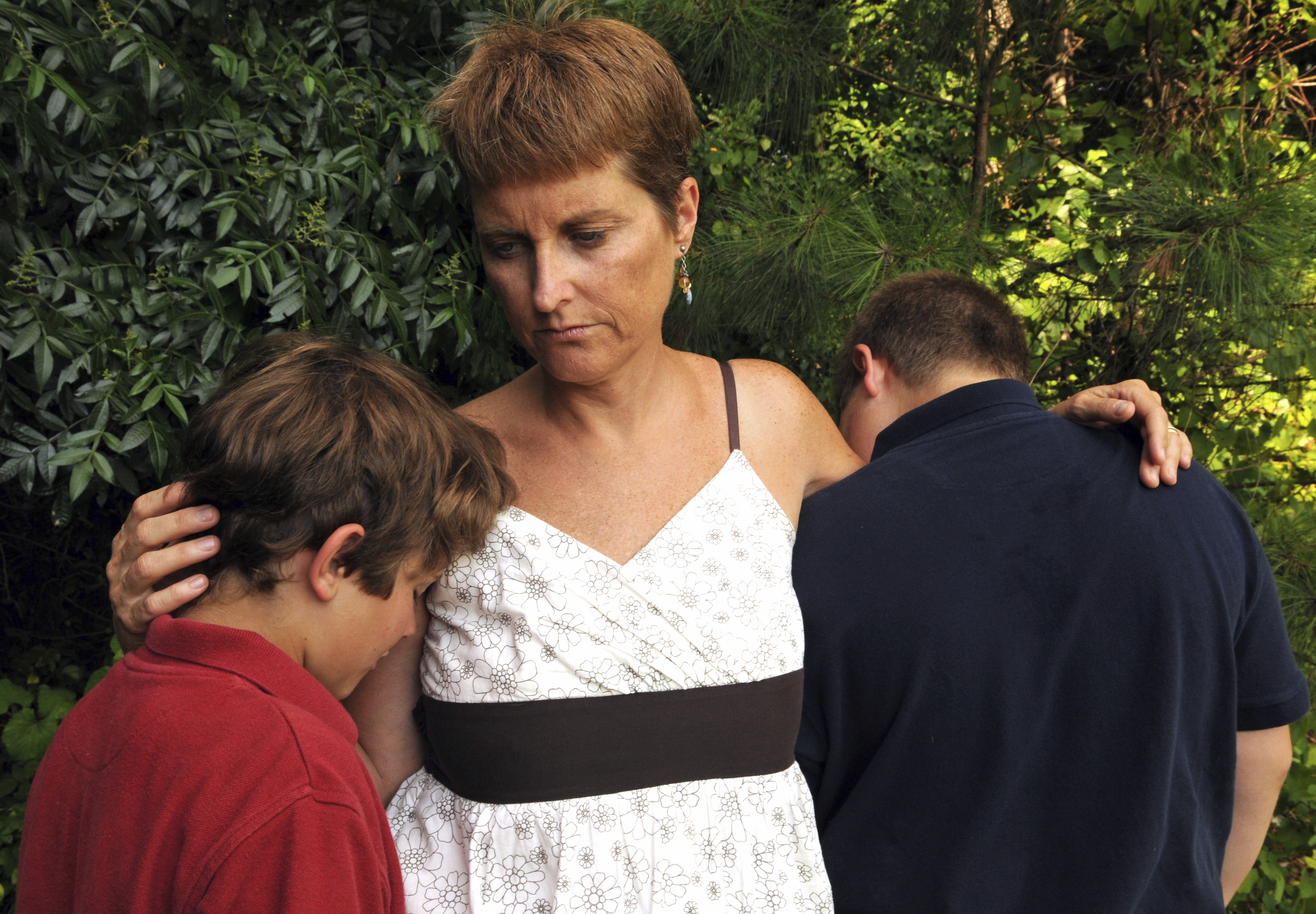 Dealing with death is hard for everybody. It's difficult knowing someone is gone forever, whether or not you think you will see him or her again in the afterlife. This process can be even more challenging for children. This is especially true when they deal with their first loss. If you're lucky, their first loss will be a pet or someone they did not know as well. However, not all children are lucky. What happens when the child loses someone he or she was incredibly close with? It's a difficult concept for children to grasp, but it's important for us to make sure we are providing them with the resources and assistance they need to help them deal with the loss. Here are some things you can do to make the grieving process easier for children.
Dealing with death is hard for everybody. It's difficult knowing someone is gone forever, whether or not you think you will see him or her again in the afterlife. This process can be even more challenging for children. This is especially true when they deal with their first loss. If you're lucky, their first loss will be a pet or someone they did not know as well. However, not all children are lucky. What happens when the child loses someone he or she was incredibly close with? It's a difficult concept for children to grasp, but it's important for us to make sure we are providing them with the resources and assistance they need to help them deal with the loss. Here are some things you can do to make the grieving process easier for children.
Go According to Age
A child who is three or four is going to have a different interpretation of death than a seven or eight-year-old would. You need to take age into consideration when figuring out the best way to approach this. For a young child, you will need to be very literal with your explanation. Telling him or her that the person who passed went to a better place is confusing. The child will likely assume the person is simply in another part of the world but will come back soon. If the person who passed was elderly or sick, you might consider telling your child that the person was so sick his or her body stopped working. Children of this age have probably experienced a broken toy that they could not use anymore. This can make it a little simpler for them to understand.
Children who are a little older will have a slightly easier time understanding death. Whether it's because they have experienced it before, they have heard it talked about, or they saw it on a show, chances are this is not the first time they have been exposed to it. Your child may understand what you mean when you tell him or her that a person has died. It can be helpful to explain why, although you want to explain this as delicately as possible. Children of all ages can be very sensitive to these topics.
Be Patient With Questions
Children often have many questions about death when they experience a loved one passing away. Try to be patient with their questions. They may ask the same question many times, or they may ask the same question with different wording. This is because it can be a difficult thing to understand. It's especially hard for a child to grasp this concept when the person was seemingly healthy or passed unexpectedly. These questions will help him or her grasp a better understanding of death.
Help Them Cope With Emotions
Like adults, children will likely go through a wide range of emotions when they are dealing with a death. These emotions can include:
- Confusion
- Anger
- Sadness
These are all normal responses to dealing with a death. However, you want to watch your child carefully to make sure he or she does not need more help. A child who suddenly begins struggling in school, starts losing weight, or seems less happy in general after a couple of weeks should probably be given professional help. There are many grief counselors who are experienced in helping with children, and it can be highly beneficial to both you and your child to see one if the loss is being taken harder than expected.
No matter what, losing a loved one is hard. It may be the hardest thing many of us ever experience. While we are dealing with our own emotions, it's important to approach death in an appropriate way with children to help them cope with the loss as well as they can.
Add Your Comment